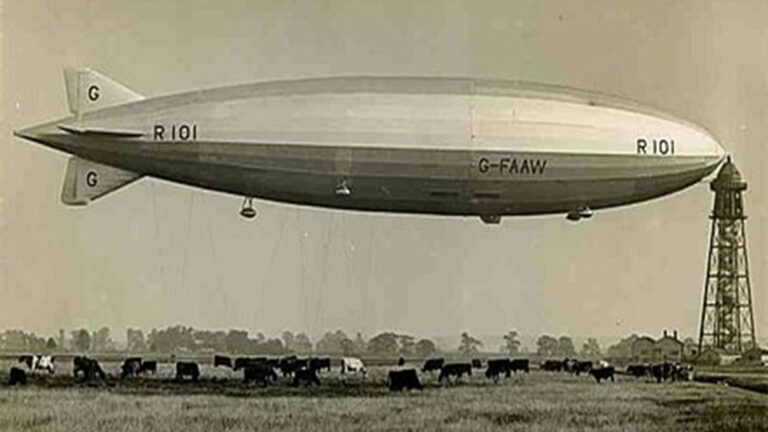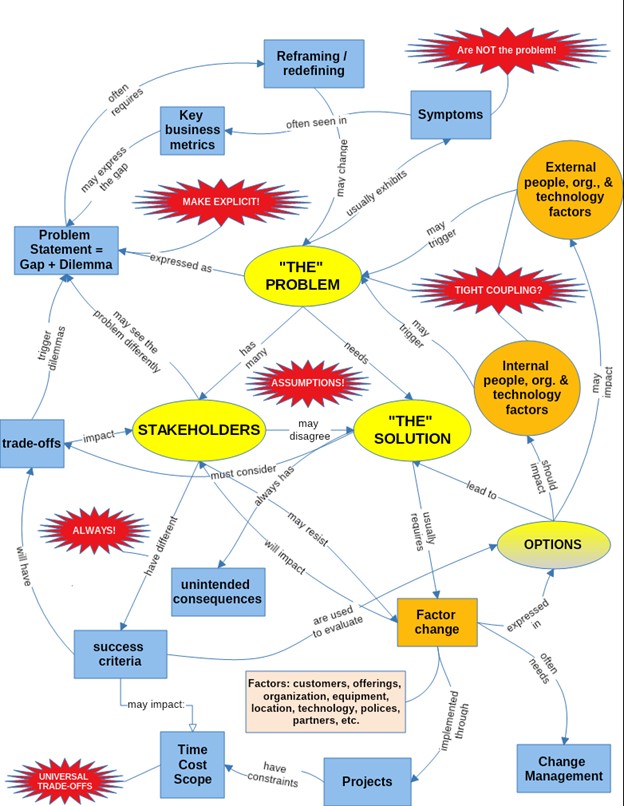A 1984 Newspaper Clipping. Oops — What if?
“GM Factory of the Future Will Run with Robots” New York Times October 20, 1984 Whilst rummaging through my files recently I found an interesting clip about GM and its planned factory of the future program. (We actually cut items from the newspapers in those ancient times.) I recalled my interest about automation in those…













